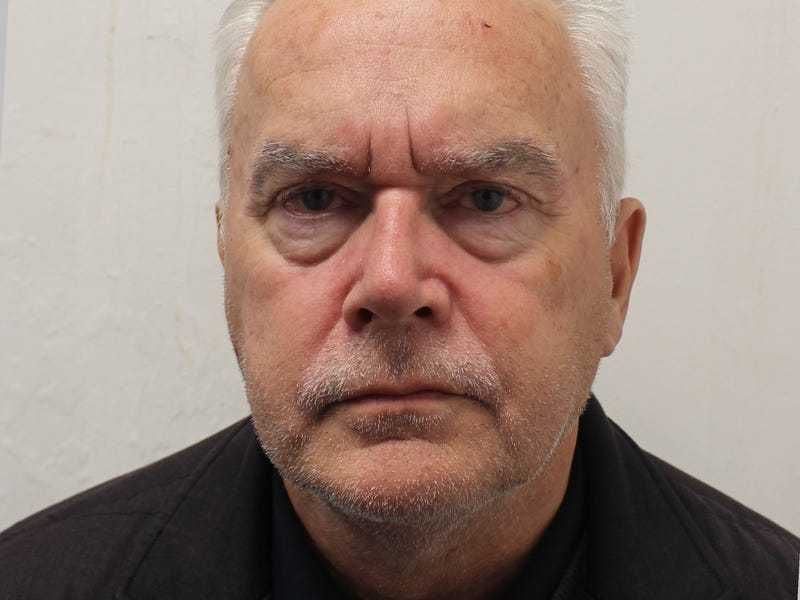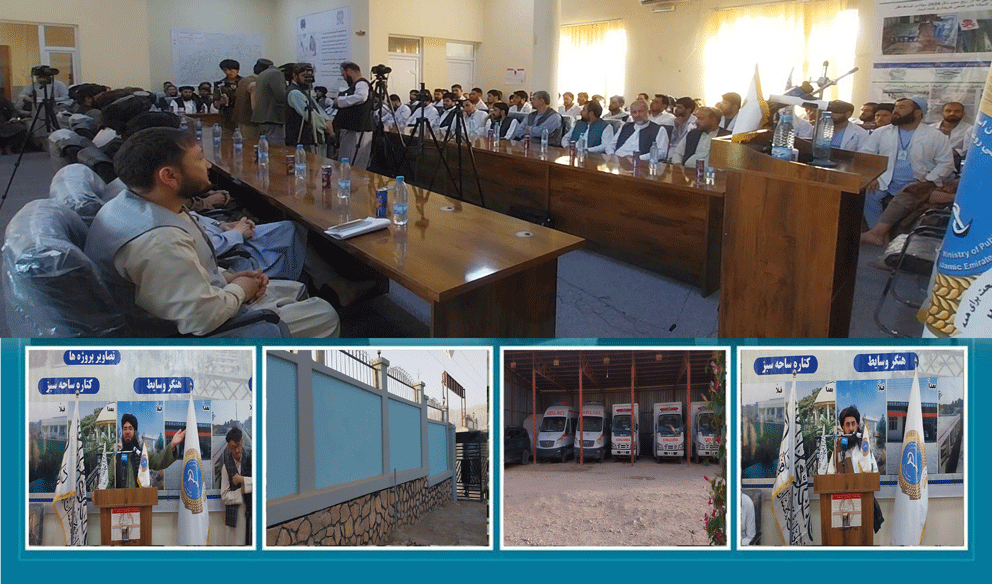
Pune: Anuj (name changed) was diagnosed with ankylosing spondylitis while pursuing his graduation at one of the prestigious IITs in India. He completed MTech without undergoing treatment because of fear of potential adverse side-effects of biological drugs , thinking it would compromise his immunity. Unfortunately, the disease flared up during his PhD, forcing him to abandon studies.
Today, Aniket, at 30, teaches undergraduate entrance courses to Standard XII students. Ankylosing spondylitis (AS), also known as axial spondyloarthritis, is an inflammatory auto-immune disease. Over time, it can cause some of the bones in the spine, called vertebrae, to fuse.

This fusing makes the spine less flexible and can result in a hunched posture. If ribs are affected, it can be difficult to breathe deeply. “Myths about drug side-effects exist and thrive even in the best of minds.
If Aniket had started taking biologics when he was first diagnosed, we wouldn't have lost his potential as an IIT alumnus. Now, although Anuj is willing to take the drugs, the prime period of his career is lost,” said country’s senior rheumatologist Dr Syamasis Bandyopadhyay. Dr Bandyopadhyay, along with other senior doctors from Kolkata-based Apollo Hospitals, have started to visit Pune to offer their expertise.
The prevalence of AS is around 0.1 to 1.4 % in India.
It is estimated that there are about 40 to 50 lakh of AS patients in India but the exact number remains unknown because there is no registry. Though biologics or biological drugs remain the principal treatment options, many avoid them owing to wrong notions about side-effects and cost, say experts. The reluctance to use biological drugs often stems from misconceptions.
“The illness is because of an incorrect immune response. By allowing this wrong immunity to persist, the disease worsens. These medicines, in fact, correct the immune system and halt disease progression,” said Dr Bandyopadhyay.
For the spinal variety of ankylosing spondylitis, biological treatment is the most effective. These drugs, derived from humanised antibodies, have been in the market for 25-30 years but were initially very expensive. The high cost made them inaccessible for many, leaving ankylosing spondylitis a lifelong burden until recently.
In the past seven years, India has begun producing biosimilars — affordable versions of these biological drugs. “Biosimilars are available at one-third the cost of the original drugs, making the treatment more accessible,” said Dr. Bandyopadhyay.
Moreover, new molecules like tofacitinib, known as JAK inhibitors, have emerged in the past three years. Initially expensive, Indian companies now produce these drugs at a fraction of the original cost. Studies have shown JAK inhibitors to be effective not only for ankylosing spondylitis but also for other related conditions like IBD-associated arthritis and psoriatic arthritis.
This has simplified and reduced the cost of treatment. While effective, JAK inhibitors may not work for all patients, particularly older individuals with ischemic heart disease or those with severely low white blood cell and platelet counts. Additionally, these drugs can unmask dormant tuberculosis, a concern equally pronounced with biological drugs, he added.
City-based rheumatologist Dr Pravin Patil said, “Unlike conventional treatments, biologics specifically target components of the immune system rather than broadly affecting it. But fear is a powerful emotion that can lead to poor decision-making. In India, it is common for many patients to miss this ‘window’ because of fear of biological treatment.
Therefore, making informed decisions about your treatment at the right time is essential.”.













